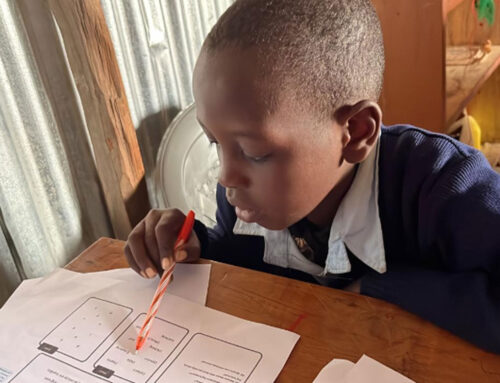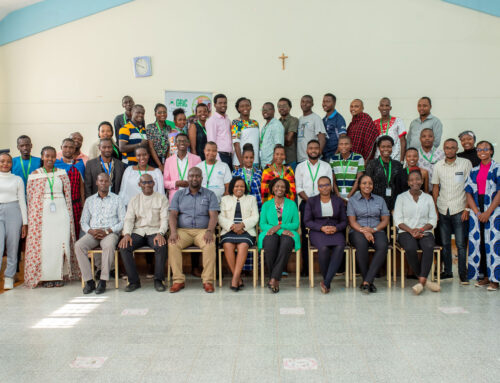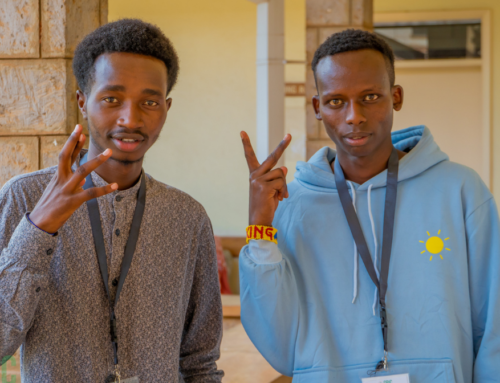The context
Women contribute immensely to the upkeep and wellbeing of their families. In under resourced communities, they play a key role of supporting their children to succeed in school through monetary and in-kind contributions. These roles have been impacted by the Covid-19 pandemic. The economic meltdown and the long period of school closures, for example, resulted in many children dropping out of school, child labor, and increased early marriages and teenage pregnancy. For those who reported back to school, learning loss, a crowded curriculum, mental health, high cost of education and lack of childcare services for teenage mothers continue to have adverse effects on women and their families.
To take care and provide for their families, women are over-burdened. In pastoralist communities, for example, they are responsible for household chores, fetching water, herding animals, taking care of the young ones, among other responsibilities. Increased number of teen mothers during the pandemic, has made the situation worse for women as they bear the burden of taking care of the young ones as teen mums go back to school.
Where available, ECCD and childcare centers are far from homes and therefore not available to most families. Where they are accessible, the services offered are of low quality. These factors contribute to late school enrollment and consequently high dropout rate and low learning outcomes for the affected children.
Availability of childcare services can relieve women of the childcare burden and allow them to attend to other duties in addition to providing a stimulating and safe environment for the children.
Our solution
Through our partnership with women groups in our areas of implementation, we have designed an intervention that anchors on existing community structures. We train the women on the basics of financial literacy, supporting learning at home and how to partner with teachers to create a conducive learning environment in the schools while advancing to them matching seed capital. The savings and borrowing scheme in these women groups have accorded women the ability to support their families’ basic and educational needs.
Leveraging on the success we have had working with women groups across the East Africa region, and moving forward, we are partnering with primary schools offering ECCD services and support them to improve the quality of services offered. We are also working to establish day care centers close to the communities. The partnership with carefully selected women groups, offers us an opportunity to offer low-cost, high -quality day-care centers in vulnerable communities. This will transform the learning of boys and girls on the program into fun and stimulating process which contributes to children’s holistic development. To ensure sustainability of the program, we are supporting the women groups to develop business plans and have also come up with training packages for center management committees and caregivers.
We are also offering scholarship and mentorship to vulnerable girls and in deserving instances, vulnerable boys. All the girls in our scholarship project have transitioned to well performing secondary schools.



